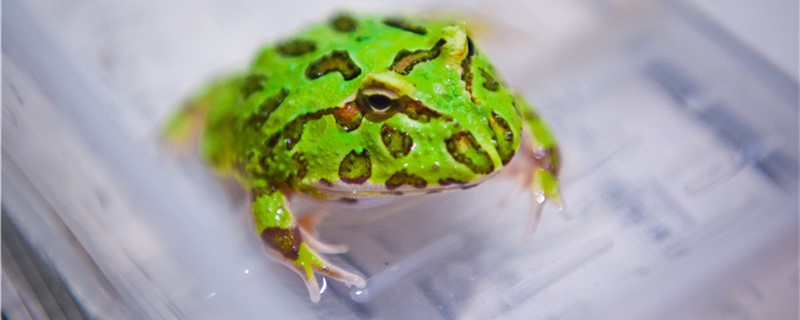 1. Are frogs oviparous
1. Are frogs oviparous Frogs are amphibians, which are often called amphibians. Oviparous animals are the result of dividing animals from reproduction methods, and animals that reproduce offspring by laying eggs are oviparous animals. The breeding methods of amphibians are all unified, that is, they breed by laying eggs, and frogs are no exception. Therefore, frogs are also one of the oviparous animals.
As an oviparous animal, the specific reproduction mode of frog also accords with the characteristics of oviparous animals. The breeding season of frogs usually starts from March to April every year. In this season, male frogs will first attract the attention of females through their own calls, find suitable mates and promote them to lay frog eggs into the water. After that, males will also produce sperm in water. Frog eggs and sperm are fertilized in vitro. After that, these fertilized eggs will hatch into tadpoles, which is the larval stage of frogs.
2. Where do fertilized eggs hatch when frogs reproduceAs described above, frogs reproduce their offspring by laying eggs. After the female and male frogs respectively produce their eggs and sperm in water, these eggs and sperm will develop into fertilized eggs. This process is done in water. After fertilized eggs, they will slowly develop into tadpoles, which takes about 10 days. Tadpoles live in water and can't live on land because they breathe with gills and feed on plankton in water. When they undergo metamorphosis and become frogs, they can live on land.